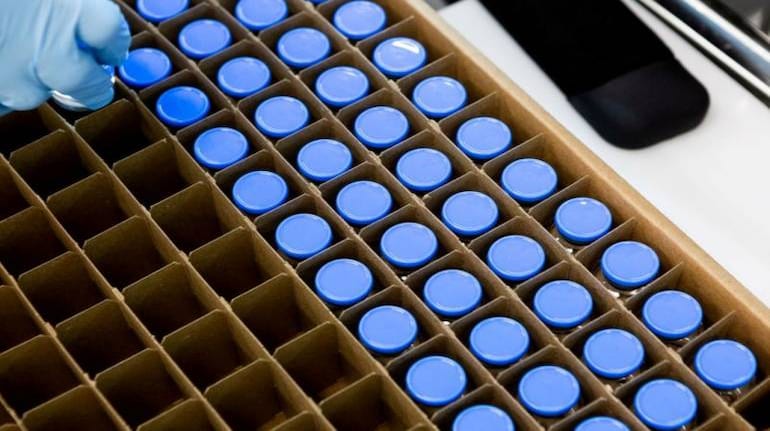



Two health advocacy groups have written to the Indian government asking it to rescind patents given to Gilead Sciences for the drug remdesivir so it can be distributed more fairly to coronavirus patients around the world, particularly in poorer nations.
Drug patents in India are an important issue as many countries depend on generic drugmakers to make and sell cheaper versions of critical drugs to them. Gilead’s three patents in India for remdesivir stem from 2009 when the drug was in development to treat Ebola.
Remdesivir is the only drug approved to treat COVID-19 patients after promising early trial results prompted U.S. regulators to grant emergency use authorisation on May 2.
To expand its access, Gilead said this week it had signed non-exclusive licensing pacts here with five generic drugmakers based in India and Pakistan, allowing them to make and sell remdesivir for 127 countries.
But health access groups say the pacts mean cheaper forms of the drug may not become available in nations seen as non-profitable to the five drugmakers.
“The licenses divide the global market into two and profitable markets are retained with Gilead and less profitable markets are given to the five generic companies,” said K. Gopakumar, senior legal researcher at Third World Network, which sent a letter to the Indian government on Wednesday.
The letter by Third World Network, a Malaysia-based non-profit group, followed a similar appeal by India’s Cancer Patients Aid Association last week.
Gilead’s patents on remdesivir in India allow it to exclusively make and sell the drug in the country until 2035 unless it licenses those rights out.
A Gilead spokeswoman told Reuters in an email that the company is “actively considering every potential pathway” to make the drug available to those who need it as fast as possible.
She said the company was in talks with the U.N.-backed Medicines Patent Pool and the United Nations Children’s Fund to expand access to it.
“Compulsory licensing will not solve the challenge of limited supply,” the spokeswoman said, referring to a provision under which countries can allow manufacturers to make certain drugs without the patent owner’s consent.
India’s commerce and health ministries did not immediately respond to emails seeking comment.
India’s Cancer Patients Aid Association said it might pursue legal action, noting that cancer patients have compromised immunity and are highly susceptible to the virus.
Follow our full coverage of the coronavirus pandemic here.Discover the latest Business News, Sensex, and Nifty updates. Obtain Personal Finance insights, tax queries, and expert opinions on Moneycontrol or download the Moneycontrol App to stay updated!
Find the best of Al News in one place, specially curated for you every weekend.
Stay on top of the latest tech trends and biggest startup news.